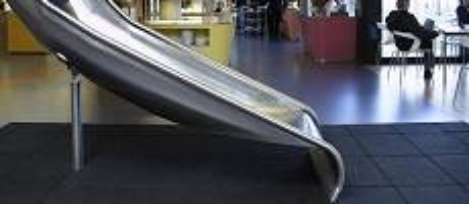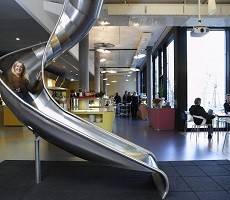To provide the best experiences, we use technologies like cookies to store and/or access device information. Consenting to these technologies will allow us to process data such as browsing behaviour or unique IDs on this site. Not consenting or withdrawing consent, may adversely affect certain features and functions.
The technical storage or access is strictly necessary for the legitimate purpose of enabling the use of a specific service explicitly requested by the subscriber or user, or for the sole purpose of carrying out the transmission of a communication over an electronic communications network.
The technical storage or access is necessary for the legitimate purpose of storing preferences that are not requested by the subscriber or user.
The technical storage or access that is used exclusively for statistical purposes.
The technical storage or access that is used exclusively for anonymous statistical purposes. Without a subpoena, voluntary compliance on the part of your Internet Service Provider, or additional records from a third party, information stored or retrieved for this purpose alone cannot usually be used to identify you.
The technical storage or access is required to create user profiles to send advertising, or to track the user on a website or across several websites for similar marketing purposes.
 Machines can make better decisions than humans, but humans often struggle to know when the machine’s decision making is actually more accurate and end up overriding the algorithm decisions for worse, according to new research from academics at ESMT Berlin, This phenomenon is described in the paper as algorithm aversion, and is attributed to an inherent mistrust in machines. (more…)
Machines can make better decisions than humans, but humans often struggle to know when the machine’s decision making is actually more accurate and end up overriding the algorithm decisions for worse, according to new research from academics at ESMT Berlin, This phenomenon is described in the paper as algorithm aversion, and is attributed to an inherent mistrust in machines. (more…)






 The first Omnirama event on the 23rd of March launched the series exploring different factors challenging the world of work in a time of prevailing uncertainty. Underlying Ominirama’s raison d’etre is that recent events have turned the status quo on its head with some major structural and systemic changes taking place. Nobody seems to have any clear idea of how to deal with this enormous transformation in the ways we work All the playbooks and all the guidance that we have all relied upon for so many years have now gone out the window.
The first Omnirama event on the 23rd of March launched the series exploring different factors challenging the world of work in a time of prevailing uncertainty. Underlying Ominirama’s raison d’etre is that recent events have turned the status quo on its head with some major structural and systemic changes taking place. Nobody seems to have any clear idea of how to deal with this enormous transformation in the ways we work All the playbooks and all the guidance that we have all relied upon for so many years have now gone out the window. 
 The majority of companies believe that their purpose is not solely to make money, according to a new survey by one of Britain’s best known business associations. The
The majority of companies believe that their purpose is not solely to make money, according to a new survey by one of Britain’s best known business associations. The 
 A report released by
A report released by 
 New research conducted on behalf of
New research conducted on behalf of 
 To mark the launch of its new guide, Meetings Matter,
To mark the launch of its new guide, Meetings Matter, 

















October 27, 2021
Hybrid working: too few companies are making the workplace changes they need
by Tony Antoniou • Comment, Flexible working, Workplace design